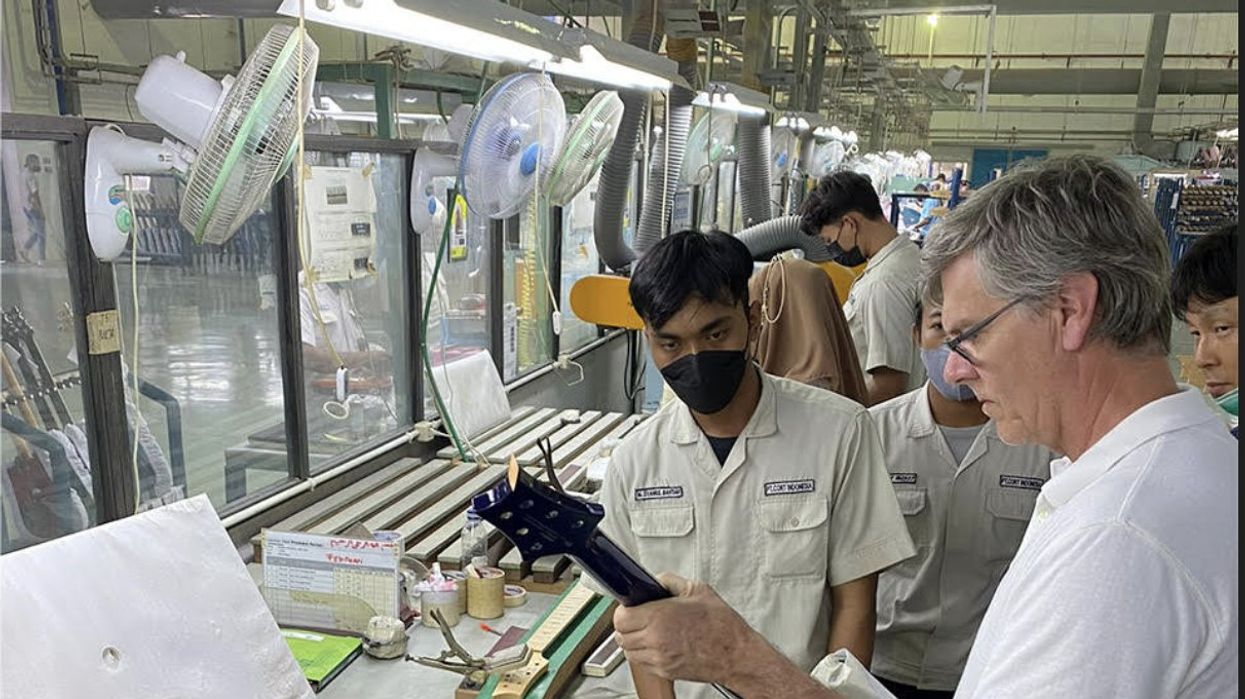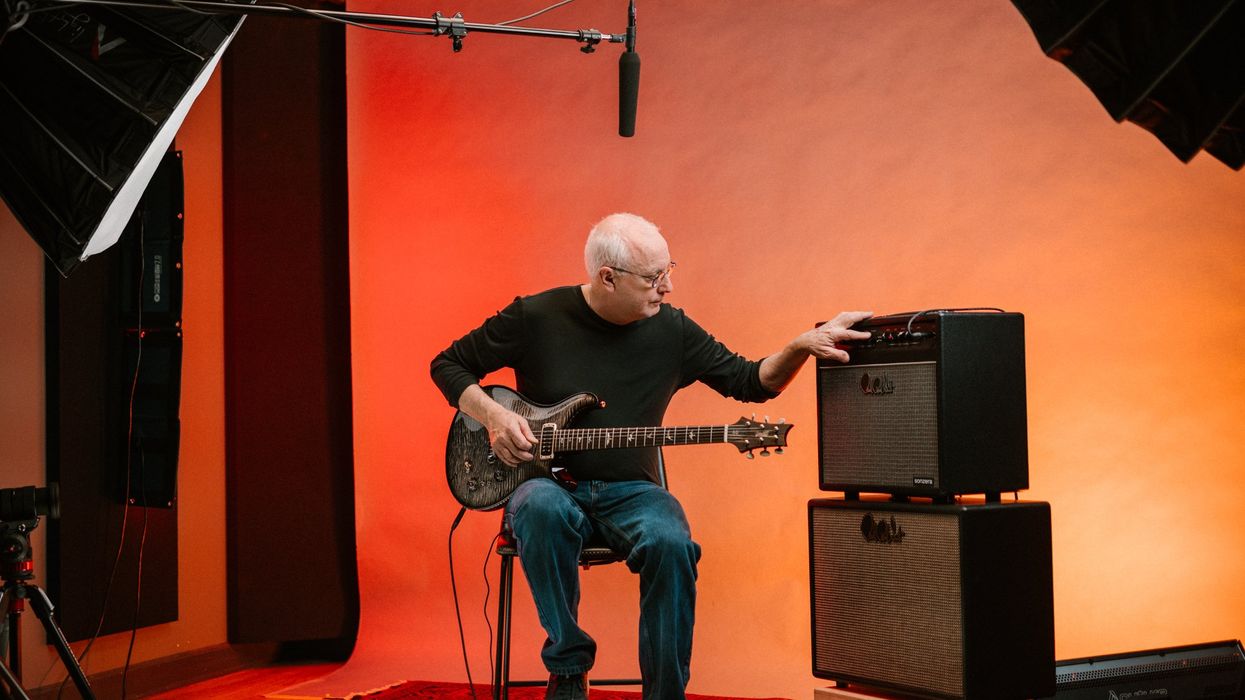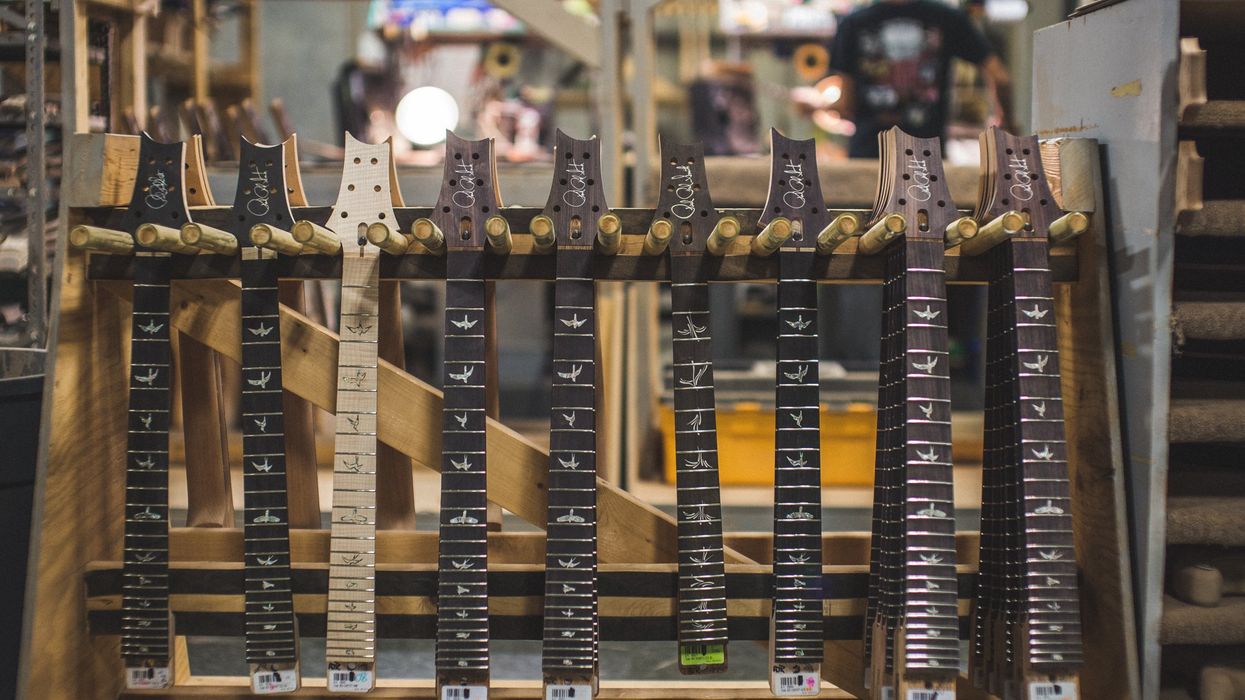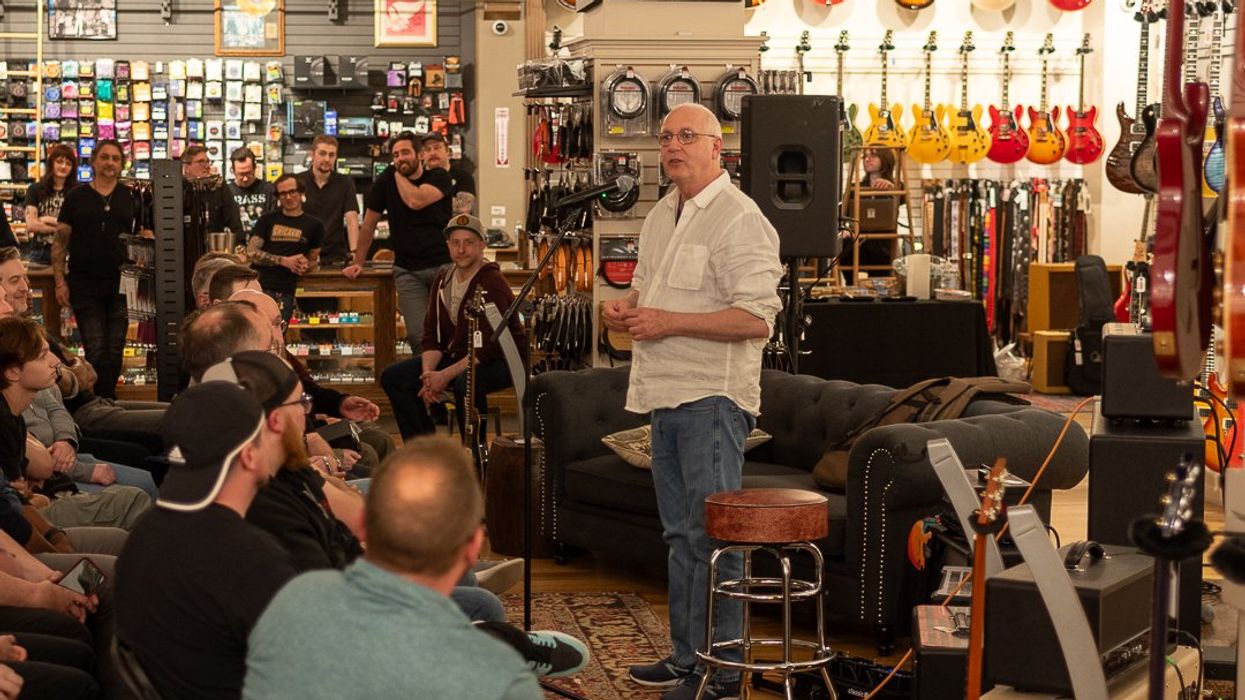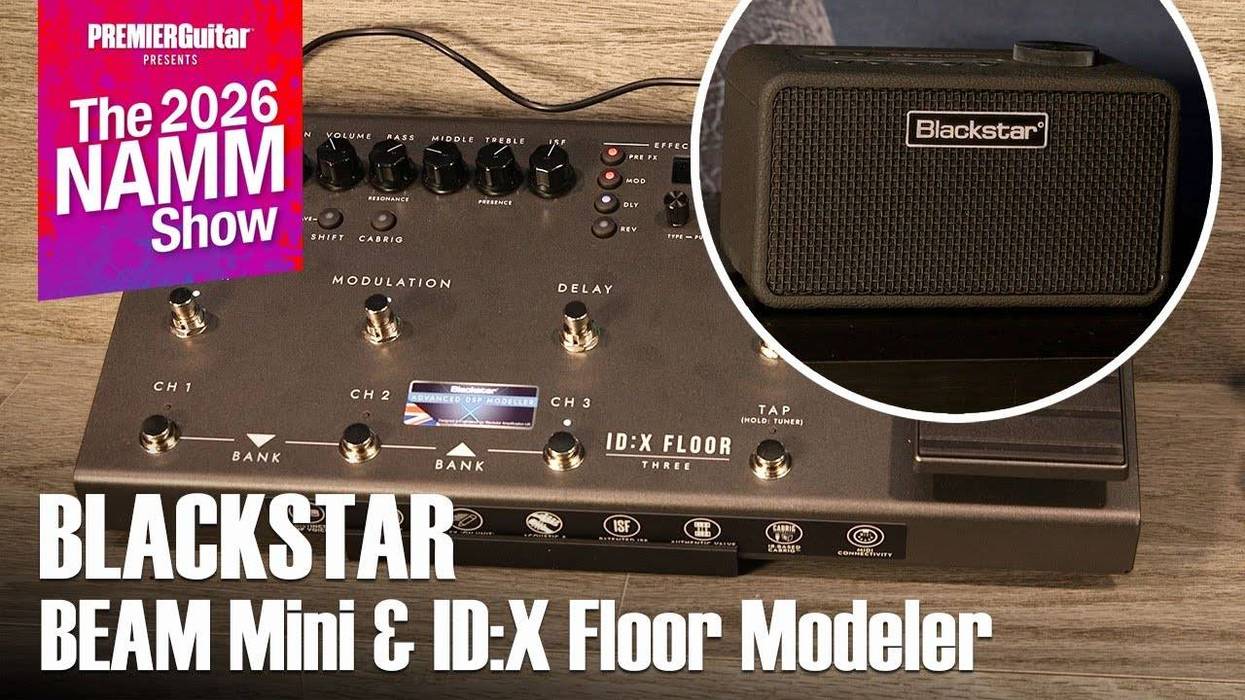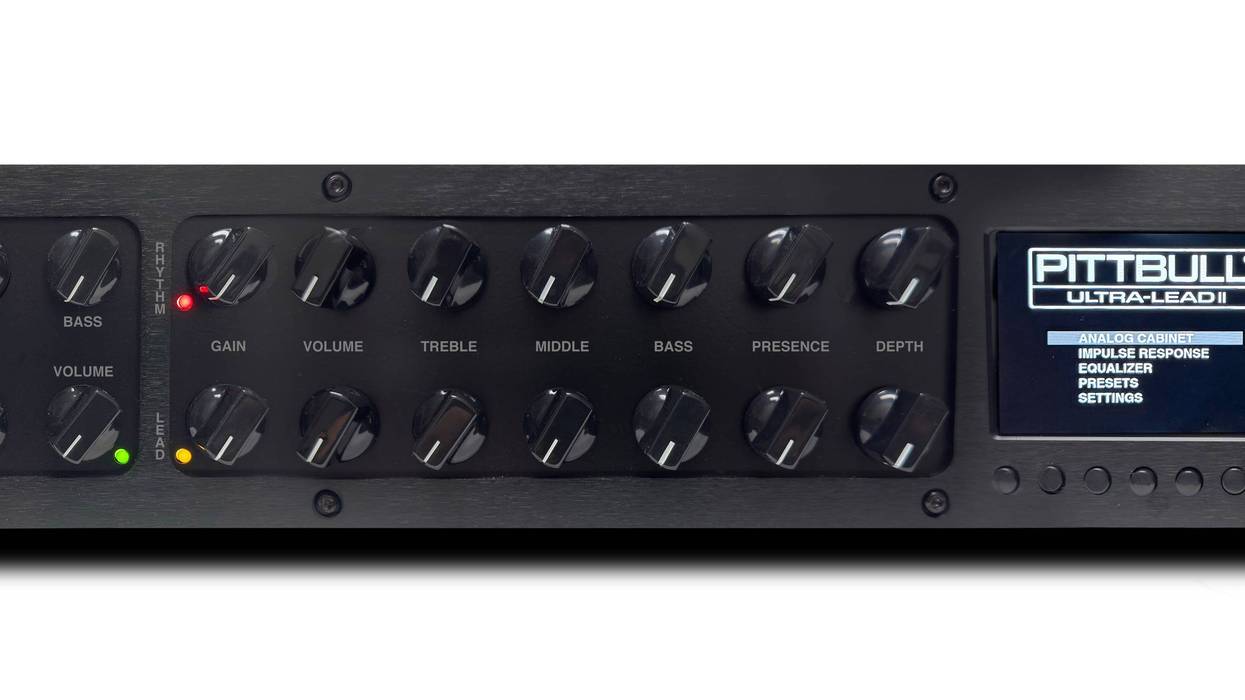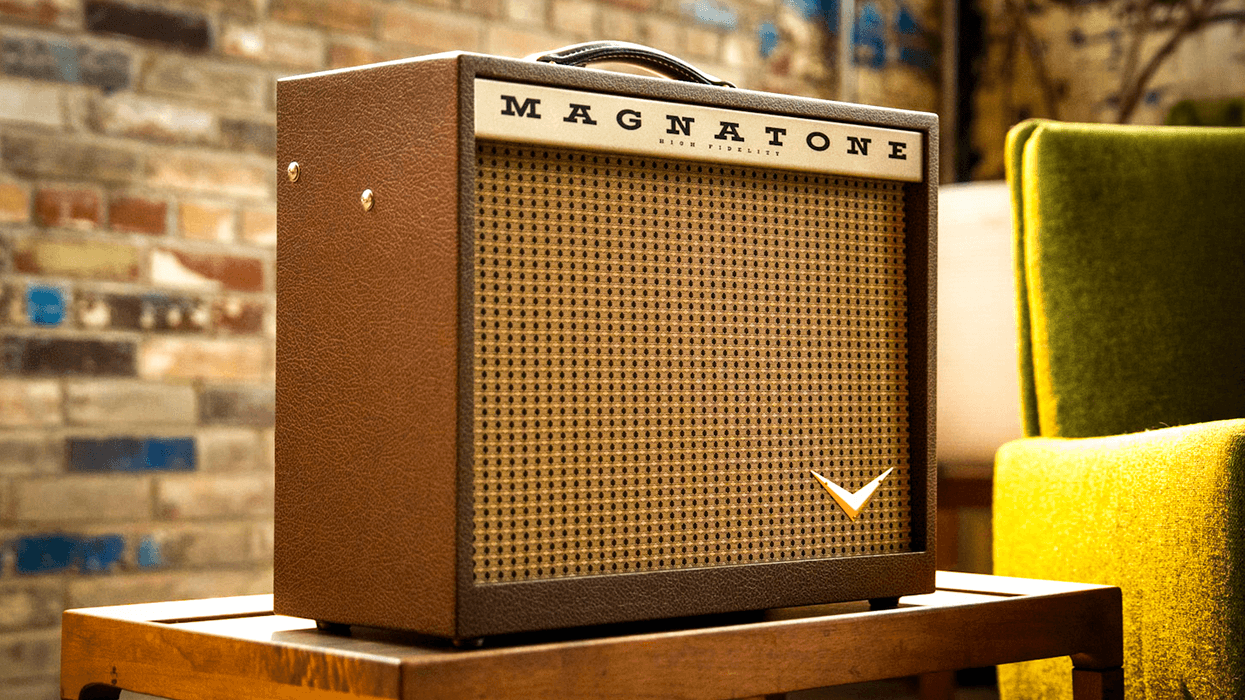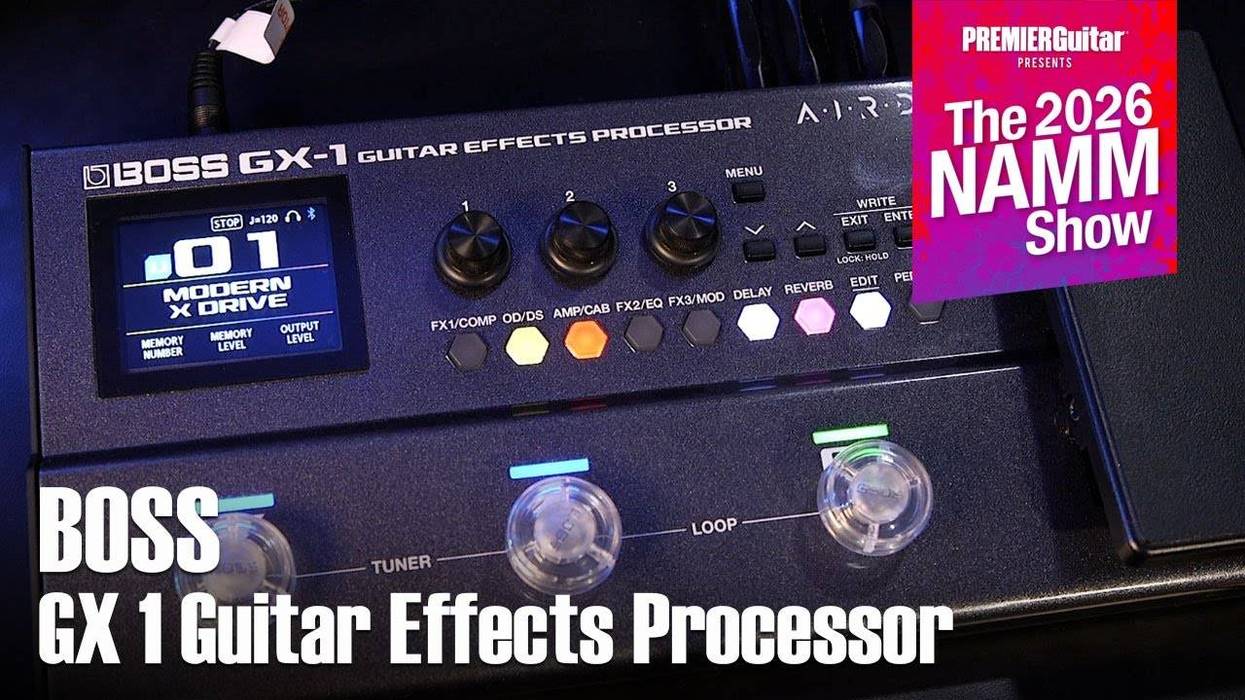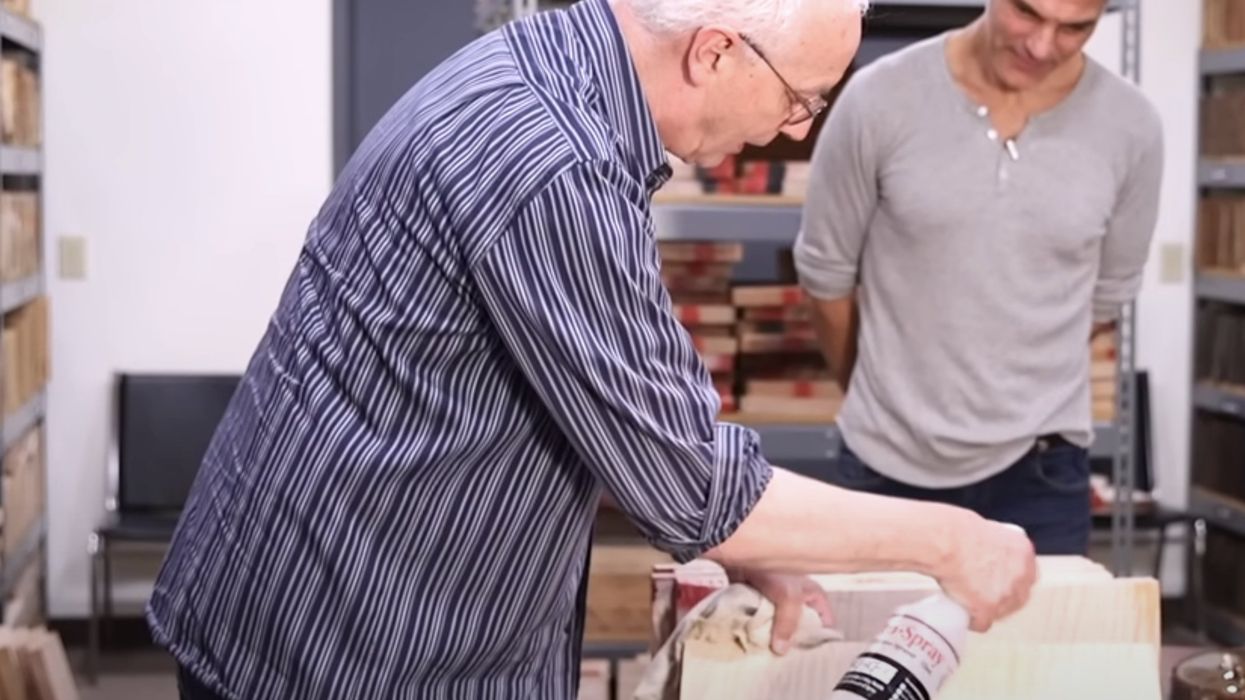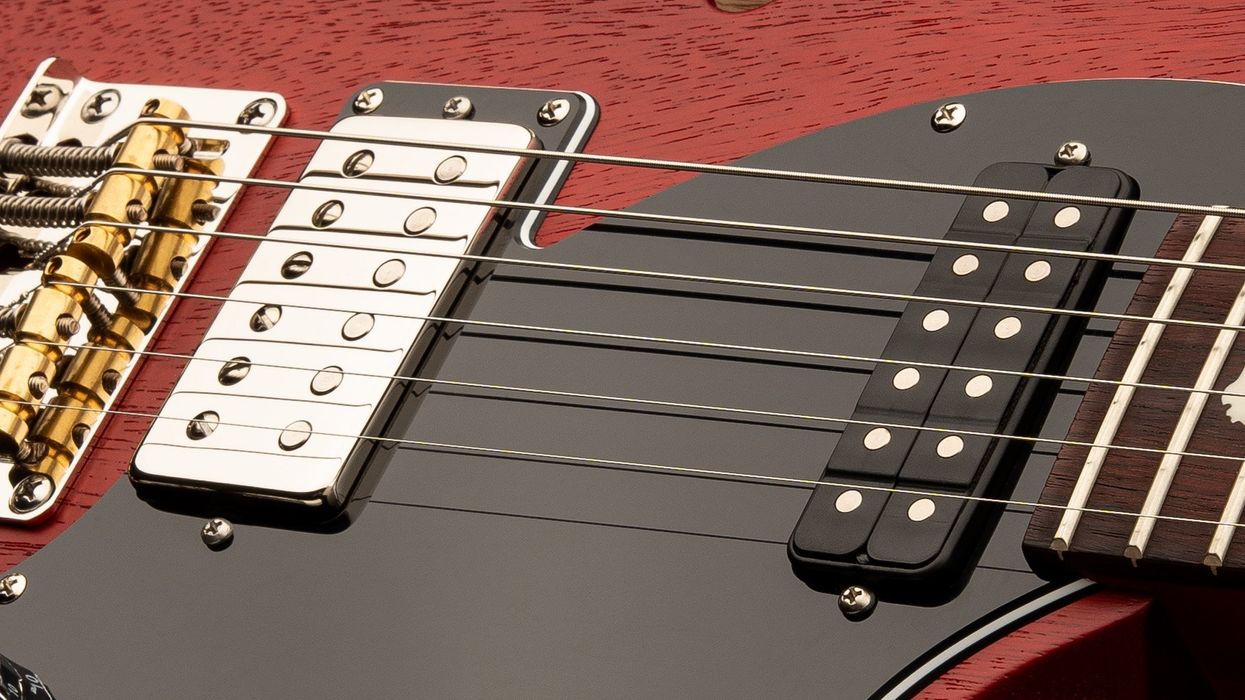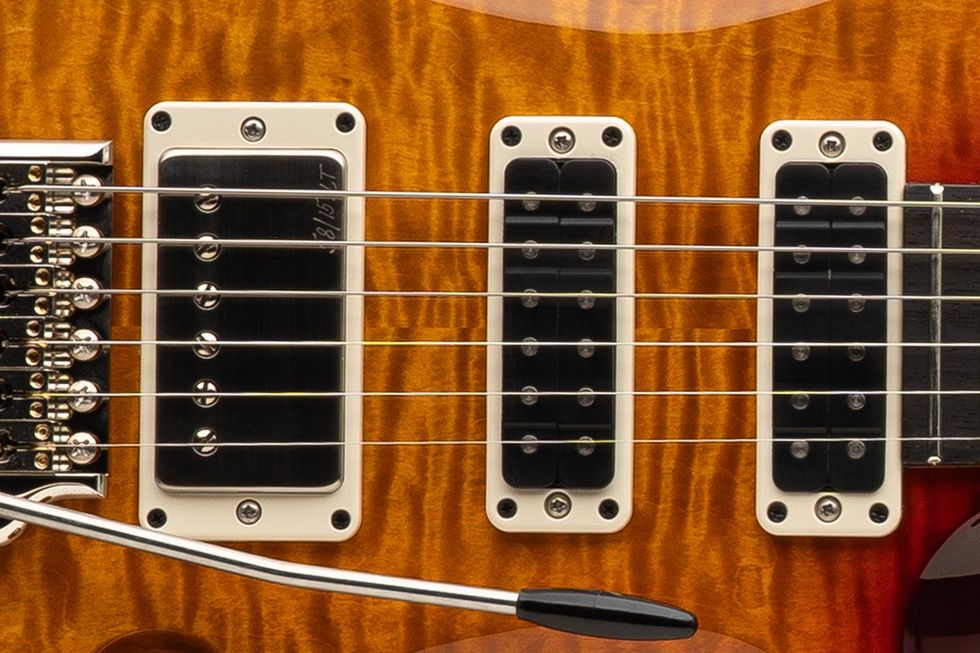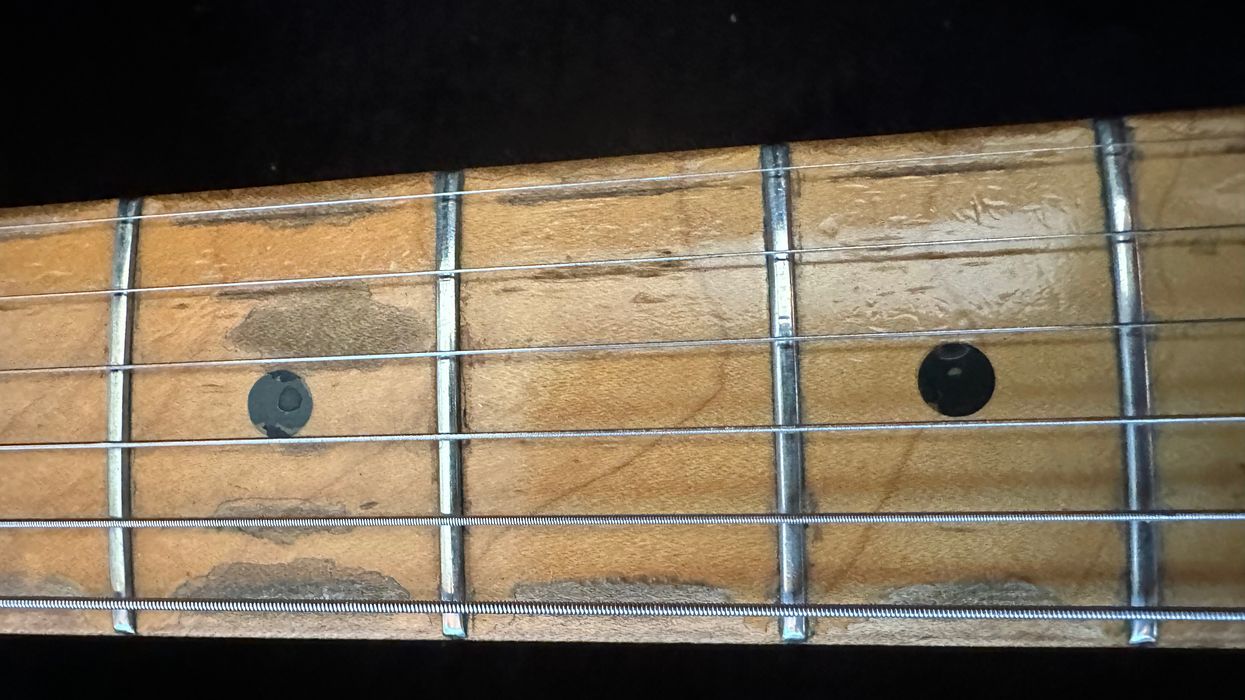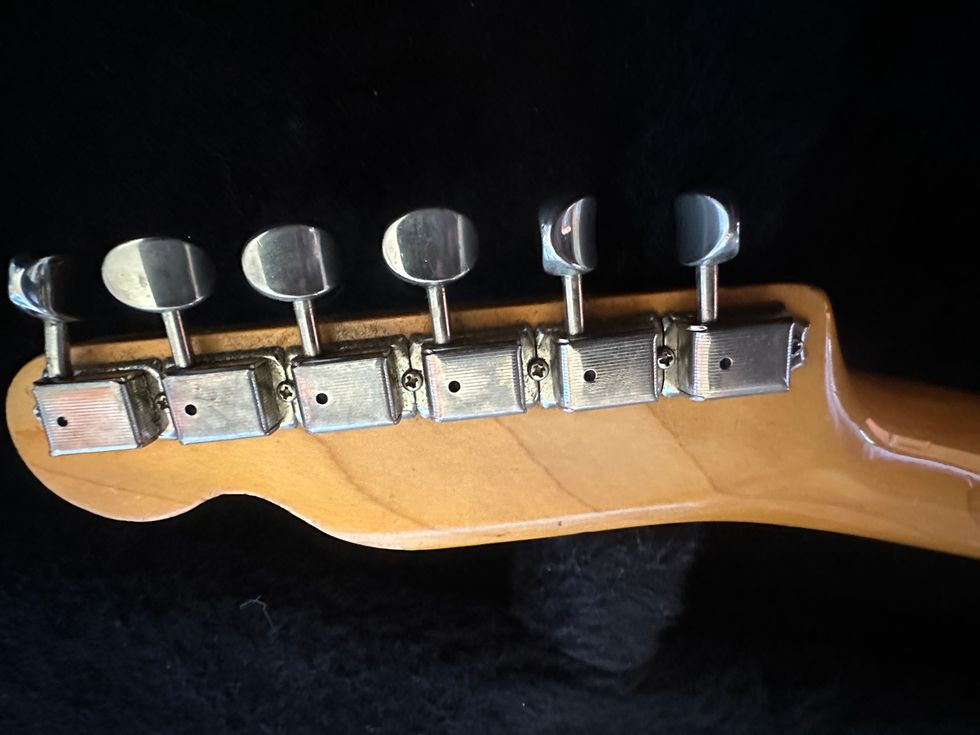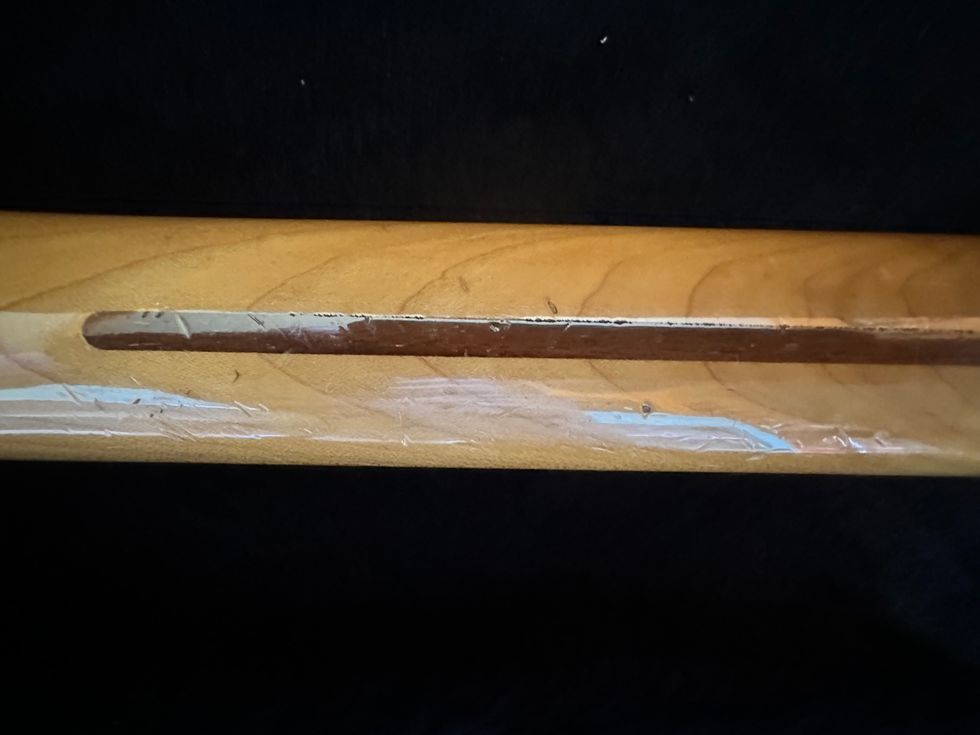For us, import guitars started when Carlos Santana asked, “Paul, can we make a PRS that’s much more affordable for all the students that talk to me about owning one of my guitars?” I said, “Sure. I’ll get you a prototype for your approval.” When we brought him the prototype, he was impressed, and his comment was, “This was made in America, right?” And I said, “No. This was made overseas.” The contract for his approval was on the table, and he leaned over and signed it as fast as he could. It was a good moment for him and my company because our integrities were on the line, and we had a product we thought was a real instrument.
I’ve always believed that it’s not about the country that an instrument is made in. It’s always been about the skill level of the guitar makers. When we first started traveling to overseas guitar-manufacturing facilities, we found that almost all their training over the decades had been to go fast, while our teaching about how to make instruments was about how to go well. Once they knew how to go well, they didn’t know how to slow down. And the guitars they produce are of the same caliber as what we make here.
Years ago, I visited Fujigen Gakki, which was one of the original manufacturers for Ibanez and overseas-built Fender instruments. They also made George Benson’s archtops. I was impressed. When I was a child, Japanese manufacturing was known for making cheap transistor radios. Now, instruments made in Japan have real cache. Not because the country they were made in changed, but because the guitar-making skill level has gotten so much higher. Fujigen at the time when I visited was an extraordinary guitar-making facility. PRS models could easily have been made there, and I knew it when I visited.
What I’ve been deeply concerned about is that we teach our overseas partners how we want instruments to be, using our techniques. So, as a definitive statement, the country a guitar is made in does not matter much. The skill and care of the instrument makers does matter. Let me give you a few historical examples. Stradivari, Guadagnini, and Guarneri violins are the most-valued, and were made in Italy. Some of the early overseas-built Stratocasters were made in the mountains in Japan near the Seiko watch factory, and they are now highly desirable. A huge percentage of high-end classical and flamenco guitars were made in Spain.
“Believe me, if I got fired and moved to Mexico, within eight months, I’d be making high-end guitars there.”
Jack Higginbotham, who is one of my partners at PRS, is teaching our Indonesian guitar-making partner, Cor-Tek Musical Instrument Company, how to make guitars our way, every day. I’ve never seen anything quite like it, and I trust it. Over and over again, we’ve been told by Cor-Tek that our constant request is that we want them to do it right in terms of instrument making, while most of the other manufacturers’ requests are centered around how they can get finished instruments for less money. That just doesn’t make sense to me. These foreign instrument-makers take great pride in their work and their products, and, in my experience, want to do a great job. We were the first company to put our overseas manufacturer’s name on the back of our headstocks. We did it so the company would take pride in its work. Believe me, if I got fired and moved to Mexico, within eight months, I’d be making high-end guitars there.
So, if you’re looking for an instrument, you should evaluate it the same way, regardless of country of manufacture: How does it look, how does it feel in your hands, how does it sound acoustically, how does it sound electrically, and, most important, will it do the job you want it to do? A guitar is a tool to make music and should be evaluated as such no matter its country of origin. Very often, a country will have a reputation for being better at making some kinds of products than others, but that changes over time. As an example, the Swiss are better at making watches than the U.S. has ever been, but not grandfather clocks.
I hope this was helpful. By the way, I’ve seen some unplayable instruments made in this country. We call such products, regardless of origin, “guitar-shaped objects.” I’ve also played some real gems not made in the U.S. I guess this will start a few threads.


